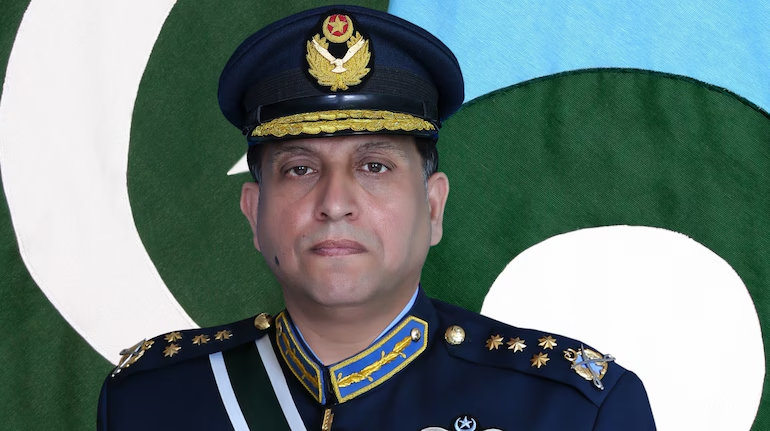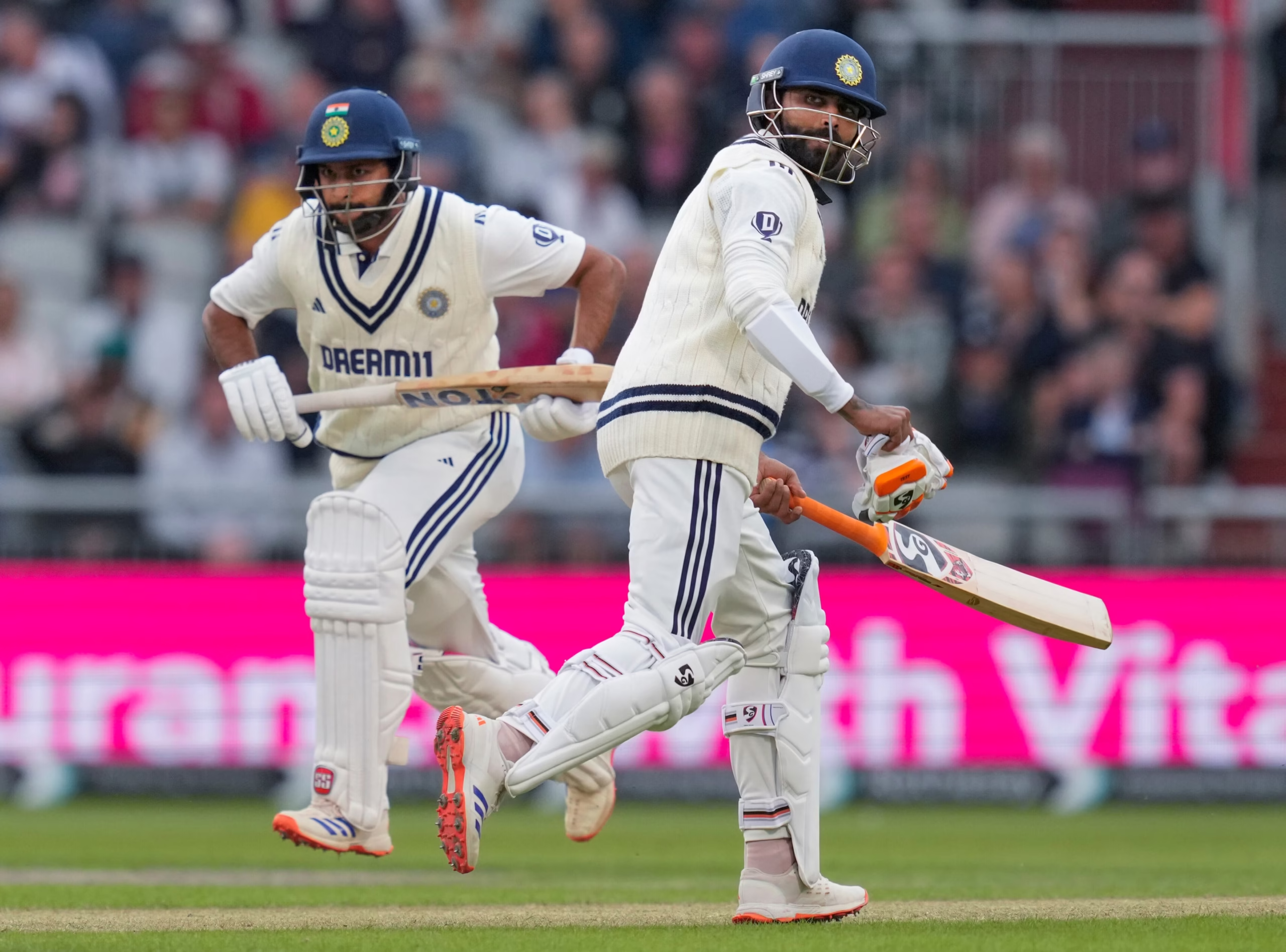Now Reading: Why India Should Closely Watch Pakistan Army Chief’s US Visit and Strategic Talks
-
01
Why India Should Closely Watch Pakistan Army Chief’s US Visit and Strategic Talks
Why India Should Closely Watch Pakistan Army Chief’s US Visit and Strategic Talks

Pakistan’s Army Chief General Asim Munir is set to hold high-level bilateral talks in Washington, a move being seen as more than just routine diplomacy. The visit marks a strategic shift in how Islamabad wants to reframe its ties with the United States—and that’s something India cannot afford to ignore. With security, aid, and regional alliances on the table, this trip could quietly shape new equations in South Asia.
What the Visit Is Really About
General Munir’s visit isn’t just a courtesy call. It comes at a time when Pakistan is facing serious economic and security challenges. With elections looming and internal instability rising, the army’s role in guiding foreign relations is more prominent than ever.
In Washington, the agenda includes counter-terrorism cooperation, military aid, and regional stability—especially concerning Afghanistan. For the US, Pakistan remains a logistical player in South Asia, even if not a priority ally. For Pakistan, this visit is about rebuilding trust and securing support without appearing overly dependent.
Why India Should Pay Attention
From an Indian standpoint, this isn’t just about US-Pakistan ties. It’s about how those ties might shift strategic balances in the region. Any renewed US engagement with Pakistan’s military could influence regional intelligence-sharing, arms deals, or diplomatic narratives on Kashmir.
In cities like Nagpur, Bhopal, and Lucknow, where public interest in national security and foreign policy is steadily rising, the developments from this visit deserve attention. India has long relied on its improved relations with the US to counterbalance China and Pakistan—any recalibration by Washington could have ripple effects.
Afghanistan and Cross-Border Implications
A significant part of the talks is expected to focus on Afghanistan, where instability continues to spill across borders. For India, any backchannel understanding between the US and Pakistan regarding Afghanistan may impact its security interests, particularly in Jammu and Kashmir and border states like Punjab.
India has remained cautious in its approach to Kabul after the Taliban takeover, while Pakistan has sought to maintain influence. If Munir secures deeper US cooperation in this area, India will have to recalibrate its own regional security strategies.
The Military-Centric Diplomacy Model
What’s also notable is how this visit reflects Pakistan’s ongoing pattern of military-led diplomacy. While elected governments change and weaken, the army continues to be the central actor in Pakistan’s foreign policy decisions. This is a dynamic India understands well and factors into its long-term planning.
For Indian policymakers and observers, it signals that direct military-to-military dialogues between Islamabad and Washington may bypass civilian layers altogether—raising concerns about transparency and consistency in future engagements.
What Lies Ahead
The outcomes of this visit won’t be declared in headlines—but the effects will show in decisions made behind closed doors. Whether it’s intelligence cooperation, counter-terror plans, or shifts in military aid, General Munir’s Washington trip may quietly reset Pakistan’s external positioning.
For India, it’s a moment to stay alert—not in alarm, but in awareness. As global power equations evolve, regional players like India must track these diplomatic moves closely, especially when they involve strategic rivals repositioning themselves on the global chessboard.

























